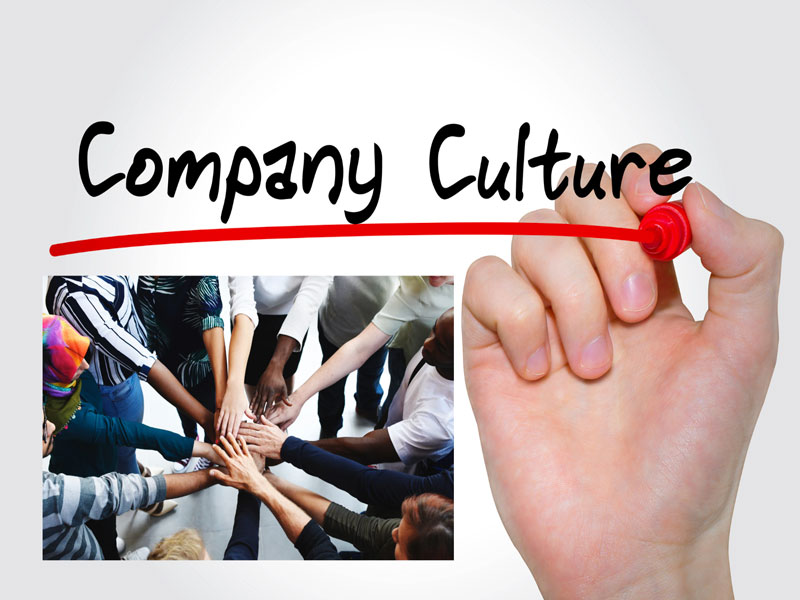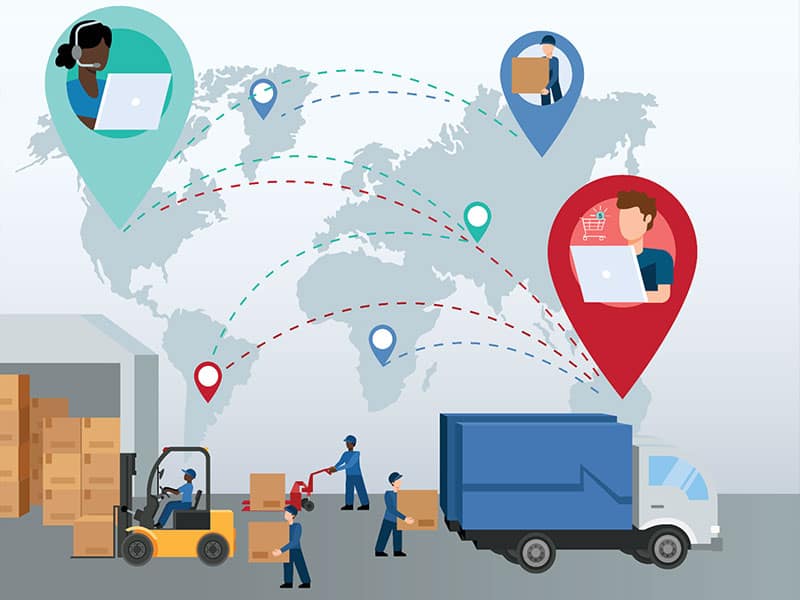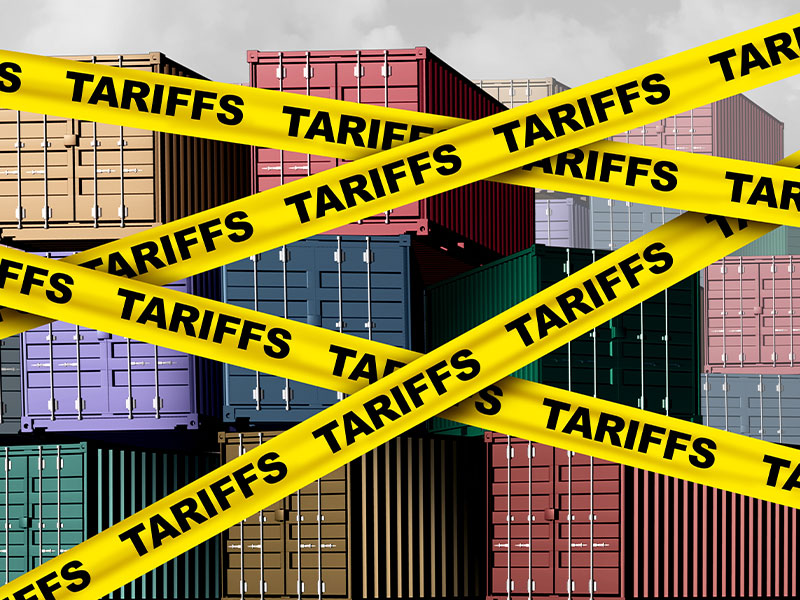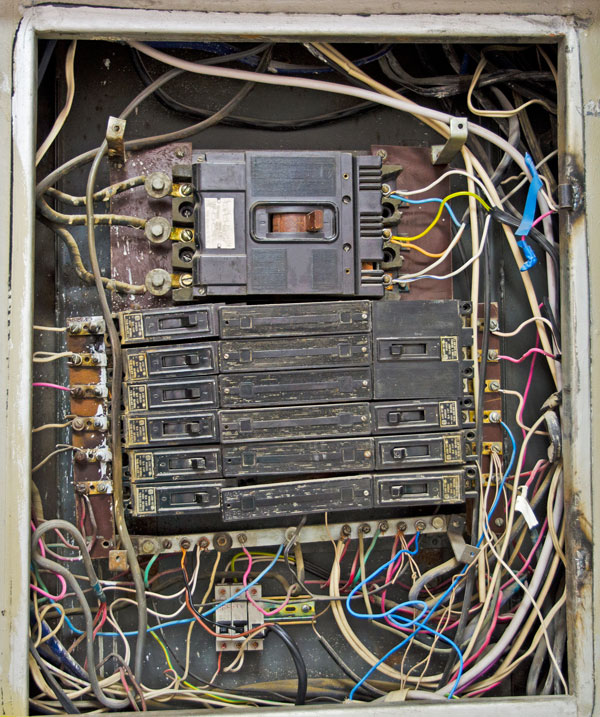
Our People First Company Culture Fuels Success
When you walk into Cypress Technologies, you will immediately recognize our workplace values people just as much as performance. Since the company’s founding in 1987, Cypress has made building an exceptional company culture a top priority.
At Cypress, culture isn’t about having perks or slogans on the wall. It’s about creating an environment where employees feel supported, trusted, and motivated to do their best work every day. That commitment to people is one of the key reasons Cypress continues to deliver world-class electronics manufacturing solutions year after year.
A Balanced Approach to Success
The Cypress leadership team knows success doesn’t come from burning out employees with endless hours and pressure. Leadership made a deliberate shift away from the old “brute force” mentality that’s common in manufacturing. Instead, they focus on creating balance. Employees are trusted to manage their time, maintain high standards, and take care of themselves along the way.
The results speak for themselves: better collaboration, higher quality output, and a team that chooses to show up and contribute fully. When employees feel valued and supported, they’re able to do their best work, and Cypress sees that reflected every day.
Core Values That Guide Real Decisions
Many companies talk about values, but they’re hard to find on the manufacturing floor. Cypress lives by our core values. The team came together during the pandemic to rethink and rebuild their core values from the ground up. Team members from every level and department chose four that truly represent who Cypress is: People, Agility, Integrity, and Respect.
These aren’t just phrases listed on our website. These ideas guide our hiring, internal meetings, project decisions, and customer relationships. Team members talk about the values during monthly town halls, use them when solving tough problems, and lean on them when making decisions that impact customers or colleagues.
Town Halls That Build Connection
Cypress holds monthly town halls, but they’re far from the typical all-hands meetings. Every session is designed to be interactive, fun, and meaningful. Whether it’s a team-building activity, a themed celebration, or a guest speaker, the goal is always the same: make it easy for employees to feel heard, connected, and engaged.
This approach strengthens the team beyond day-to-day work. It builds trust, encourages collaboration, and reinforces the idea that everyone at Cypress plays an essential role in the company’s success.
Purpose Beyond the Paycheck
Cypress understands that while everyone works to earn a living, genuine job satisfaction originates from a profound sense of purpose. Employees are encouraged to bring their whole selves to work—to contribute ideas, support one another, and take pride in what they build together.
Simple things, such as offering flexibility, providing breakfast, or hosting team events, aren’t just perks—they’re ways of showing that Cypress genuinely cares about the people who make the company what it is.
Accountability with Respect
Cypress has built a culture that demands excellence without micromanaging. Instead of rigid disciplinary policies, the company emphasizes accountability through honest conversations and mutual respect. Problems are addressed early and openly, helping team members course-correct without fear or resentment.
It’s a philosophy based on treating adults like adults—and trusting the team to live up to the high standards that define Cypress.
A Team Built on Trust and Excellence
Cypress doesn’t hire just to fill seats. They select employees based on skill, work ethic, and alignment with the company’s core values. Many current team members have referred family members to join because they believe so strongly in the workplace environment Cypress has created.
It’s a true professional team—one that values hard work, respect, and pride in craftsmanship.
Building a Stronger Future Together
At Cypress Technologies, company culture isn’t a side project—it’s the foundation that supports everything else. By focusing on employee wellbeing, integrity, and collaboration, Cypress continues to build a workplace where people thrive, and customers benefit.
When employees are engaged and take pride in their work, the results speak for themselves.
Want to be part of a team where your work—and you—matter? View our careers page.



